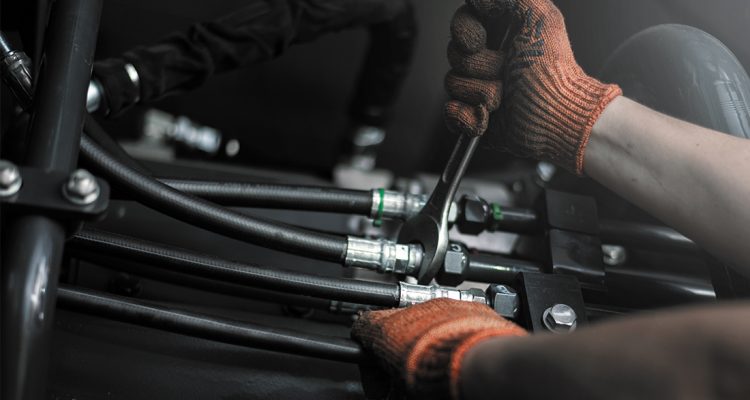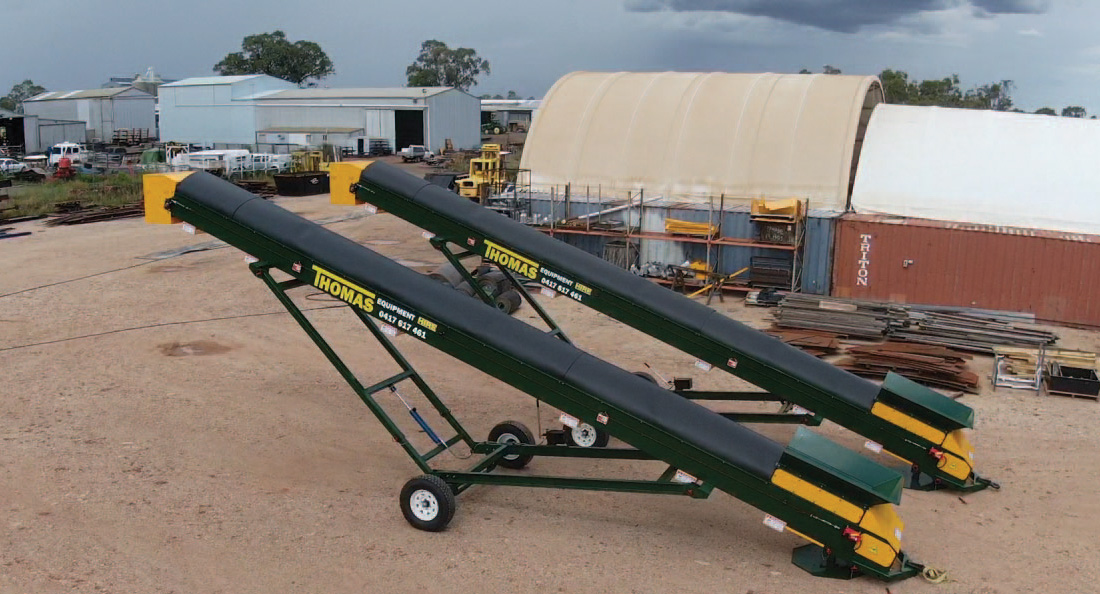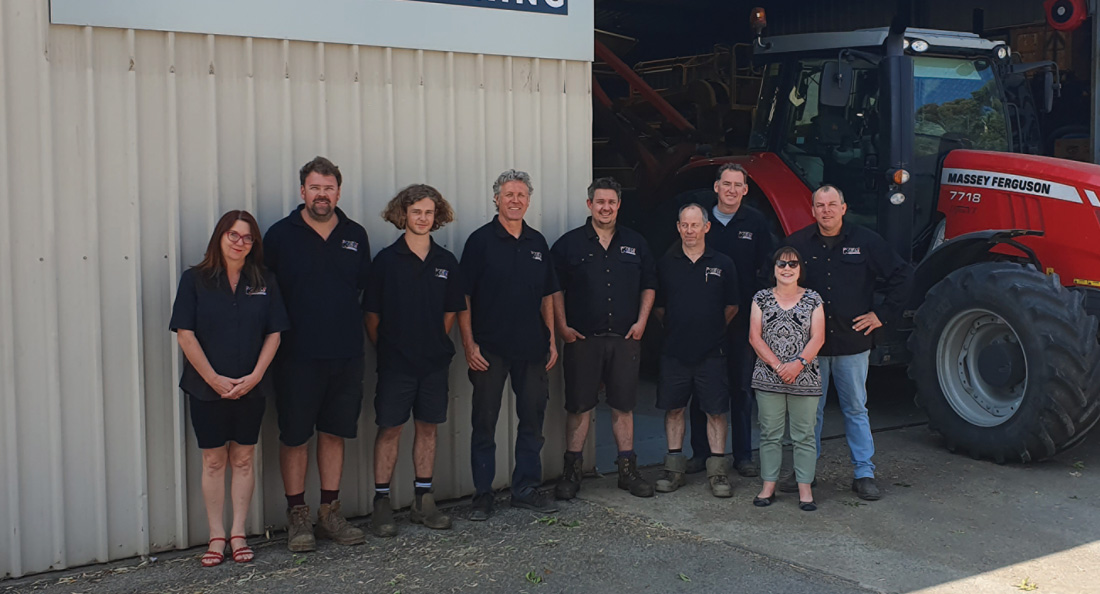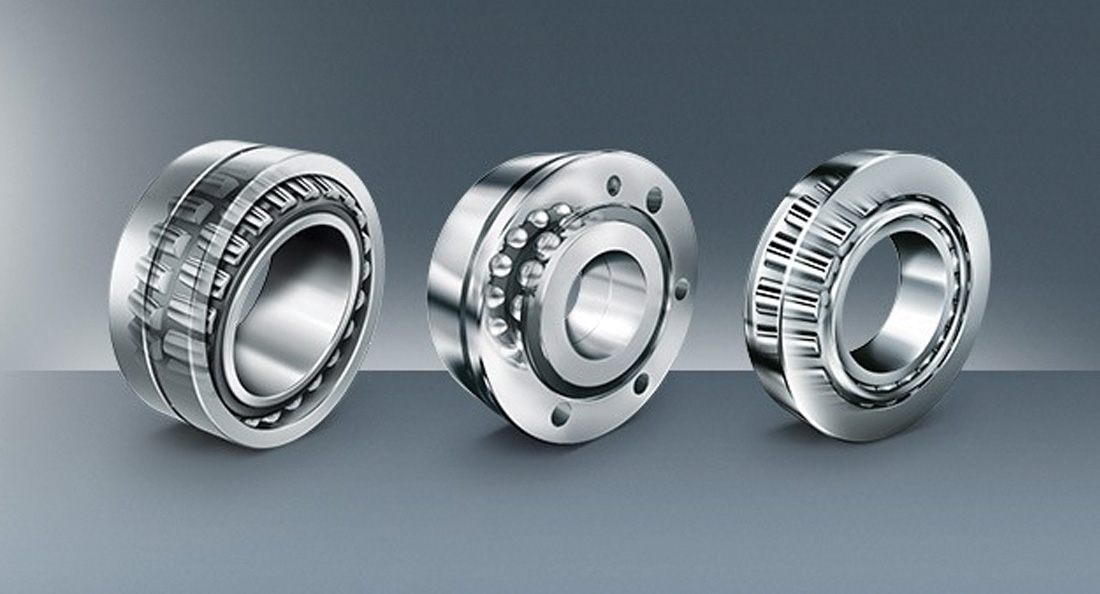The slogan says ‘keeping machinery moving’. And through a combination of the right people, experience and equipment CRAM has kept machinery moving for more than 20 years – and has been doing it very well.
The essence of CRAM is that the company is more than workshops and operating divisions. It is where businesses with hydraulic problems can go to get the problem solved. It is where hydraulic repairs – either on site or in the workshop – are done. It is a source of engineered solutions, of specialist fabrication, of design, installation and commissioning, of a comprehensively stocked spare parts store.
One of the constants in the repair and servicing of hydraulic equipment is change. As production processes and techniques demand more from the machinery and equipment that is at the core of a production system – machinery and equipment that includes everything from large hydraulic excavators to the smallest hydraulic valve – the demand for consistent and reliable site- and workshop-based repair and maintenance services also increases.
Skilled and experienced people are the bedrock on which quality hydraulic service is built and CRAM is proud of its record of attracting and retaining – and in the case of an active apprenticeship program training – people who share the company’s philosophy.
From a practical point of view, that skill and experience starts at the assessment phase – when a job comes into the workshop – and finishes with final workshop QA and testing before being returned to site for installation and on-site commissioning.
Every job into the workshop undergoes an acceptance test to determine its condition. If the component is considered repairable, a detailed quote outlining the extent of the repair and cost involved will be prepared; if it’s not economical to repair the recommendation to the customer is to purchase a new unit. This acceptance test program has saved many customers a lot of money and time and significantly reduces impacts on a production line.
Part of this acceptance test is to investigate why the breakdown has occurred. Why has the component failed? A pump could come into the workshop because it failed through cavitation. We can fix the pump – and also fix the reason it failed.
If a damaged component – valves, cylinders, pumps, motors – or piece of equipment is part of a hydraulic system, CRAM can repair it. Cylinder rebuilds – from small cylinders to large cylinders such as those used on hydraulic excavators – make up the greater part of the work. That’s what the company has been doing for a long time and has a reputation for quality work. Pumps, motors and valves also figure on the repair schedule.
Access to the right repair equipment is vital to the success of a job. Along with an extensive range of stripping rigs and jigs to cover almost every brand of component that comes in for repair or rebuild, the company has installed a dedicated hydraulic test bench to function test all operating parameters of the hydraulic component and in some cases simulate the working environment.
Abilities extend well beyond component repair. In a sign of the company’s overall capabilities, a project to re-build a roof bolter machine used in underground mining is in its final stages. The job has included stripping down the machine, replacing any unserviceable parts, reassemble, test and commissioning.
The job has highlighted CRAM’s capability of not only repairing and servicing individual components but completing a full machine overhaul from start to finish including all hydraulic, fabrication and electrical components.
Specialist fabrication is also part of the CRAM workshop capability. The workshop specialises in hydraulic pipework design and manufacture and with qualified pressure vessel welders among the tradespeople, and an in-house welding inspector, the CRAM workshop can complete any pipe job – from start to finish including flushing and pressure testing of the finished pipe work.
The workshop can also design and manufacture the required bracketing, accumulator stands and HPU skids to facilitate the installation of hydraulic systems. The level of service and expertise built up over the past twenty years extends well beyond the front gate. Well trained site service teams, on-call 24/7, take the CRAM philosophy to the customer’s plant.
Responsible for any on-site repairs, the service teams also work with customers during planned shutdowns, changeout any hydraulic components and parts, complete operating audits of hydraulic systems, perform diagnostic analysis of systems and components and identify major repair, upgrade or replacement concerns customers might face.
The CRAM story is evolving and as the demands of production and processes change the company will also change to meet the changes in demand from customers who now know the benefits of working with a hydraulic service supplier with a reputation for quality, reliability, skill and experience.




